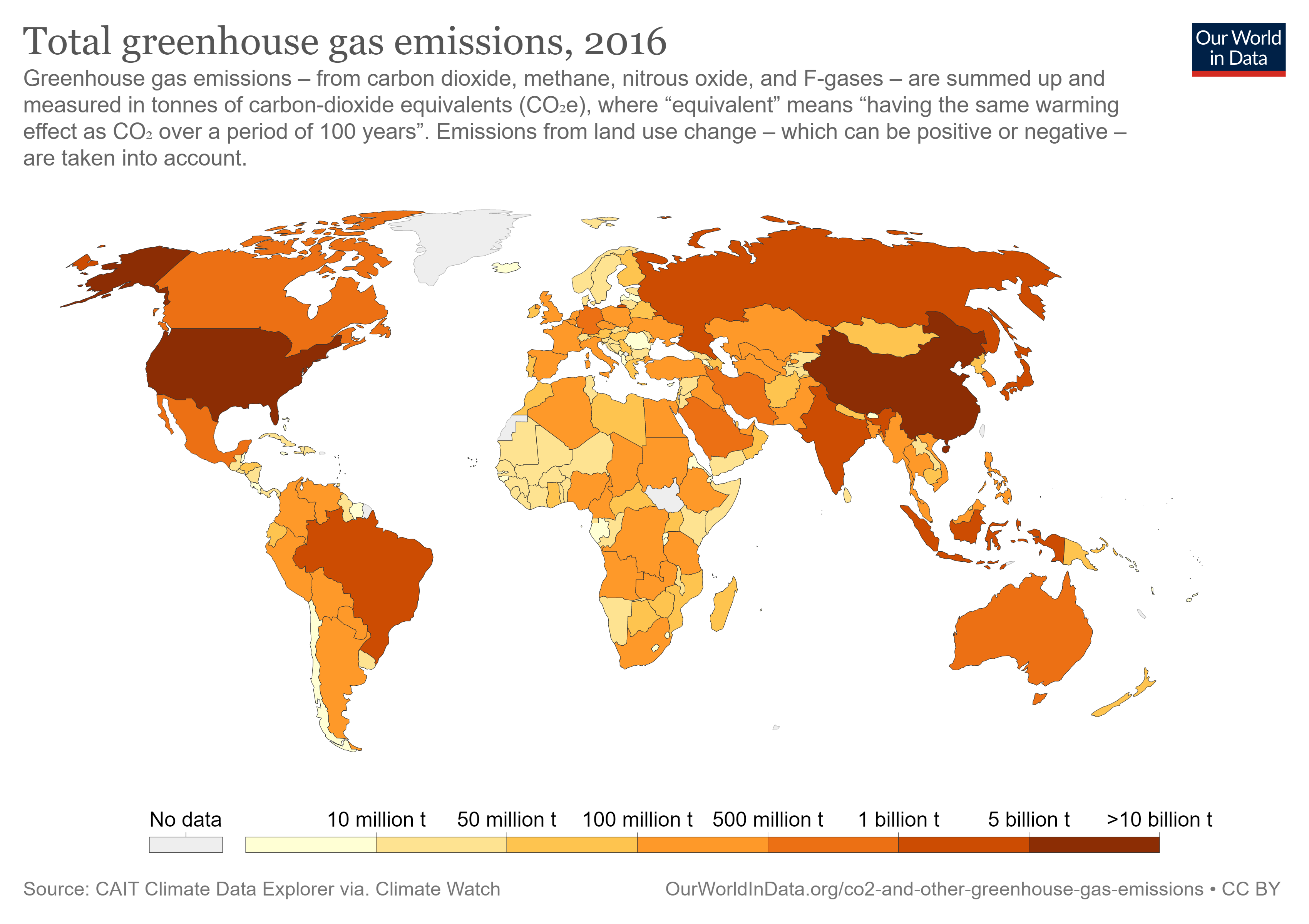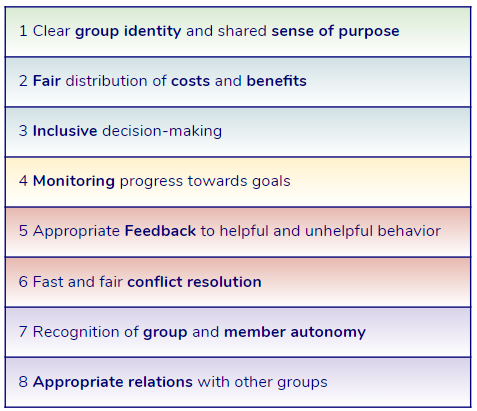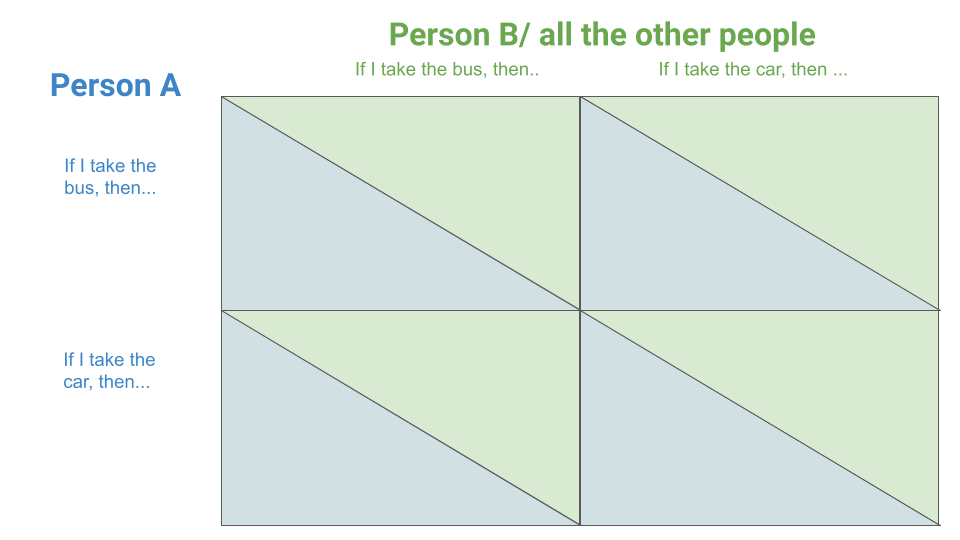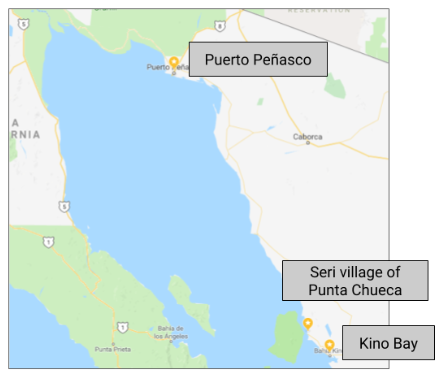
Climate Change Game
A cooperation game that lets students experience some of the challenges of cooperation in addressing global climate change
In this lesson, students analyze a select real-world social-ecological system by looking at factors of the resource(s) and ecosystem, resource user behaviors, and governance, to develop recommendations for improving the sustainable management of the resource.
In this lesson, students analyze a real-world social-ecological system in order to derive solutions for the sustainable management of the system. The lesson can be scaffolded in numerous ways depending on available time and learning goals. For example, students can be given a number of resources to use for their analysis, or students can search for information in various media sources.
The teacher might use the lesson Three Mexican Fisheries as a model for this lesson, especially regarding the kinds of resources and information that students might have available or need to search for in order to analyze the social-ecological system.
The lesson can also be used as an overarching project for a whole unit or school year, possibly spanning various subjects. Over time, the different factors can be analyzed and information added in as the unit/school year progresses and students get to know new concepts and methods.
Author: Susan Hanisch

A cooperation game that lets students experience some of the challenges of cooperation in addressing global climate change

Students explore the principles that allow groups to work together and achieve common goals, applying them to the groups that they are a part of or care about.

Students reflect on the causes and consequences of human behaviors in situations of social interactions, and are introduced to the payoff matrix as a helpful tool to represent motivations and outcomes of behaviors.

Students compare the stories of three Mexican fishing villages to understand the factors that enabled some villages to sustainably manage their fishing resources, while others failed.
OpenEvo is an educational innovation project from the Department of Comparative Cultural Psychology at the Max Planck Institute for Evolutionary Anthropology.
Evolve the future of education with us!